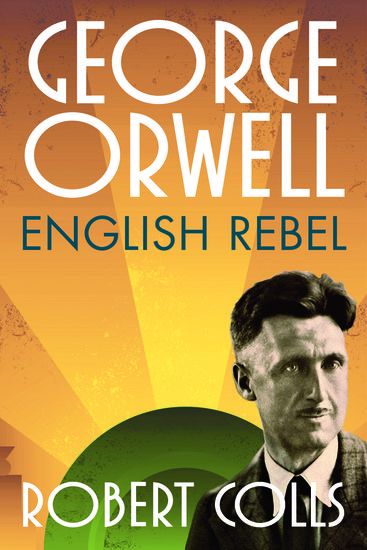The Thirteenth Amendment
By Richard Striner
On 18 December 1865, the Thirteenth Amendment to the Constitution was ratified, thus ending the epochal struggle to kill American slavery. But the long struggle to achieve full equality regardless of race was just beginning. When Abraham Lincoln issued his Emancipation Proclamation, he knew very well that it might eventually be overturned in court as unconstitutional.






